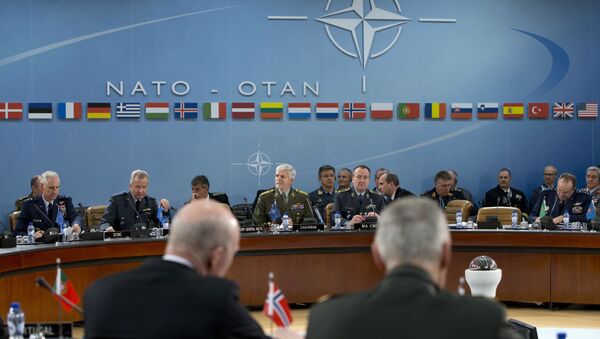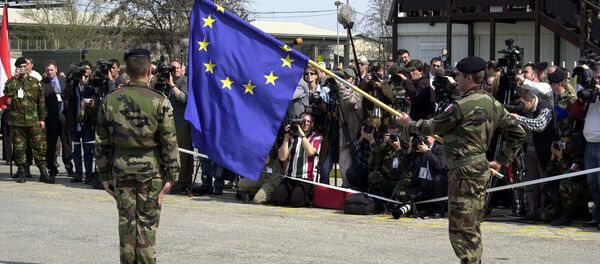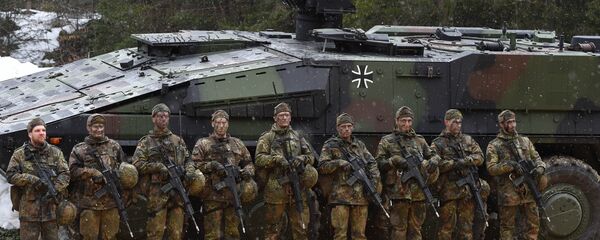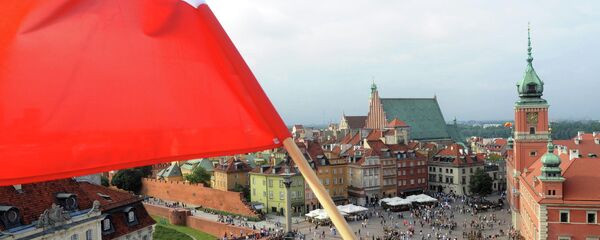Baranets, a defense observer with the newspaper Komsomolskaya Pravda, said that General Pavel’s statement came amid controversial remarks by newly elected US President Donald Trump who, while on the campaign trail, dismissed NATO as “obsolete,” inefficient and greedy and even threatened to dissolve it altogether.
However, speaking at the US Armed Forces headquarters in Florida earlier this week, Trump made a sudden U-turn reiterating America’s wholehearted support for NATO.
“Well, he said that all right, but it was not enough to allay the Europeans’ fears, that’s why I see General Pavel’s statement as another attempt to allay the Europeans’ fears caused by Trump’s earlier remarks to this effect,” Baranets told Sputnik Czech.
“Pavel tried to reassure America’s NATO partners that the Alliance is not going anywhere and that America is fully committed to defending its European allies.”
However, despite the Czech General’s assurances, the effect from Trump’s earlier verbal attacks on NATO is still being felt.
In France, National Front leader Marine Le Pen promised that if elected president she would pull the country out of NATO, just like President De Gaulle did during the 1960s. France later returned to NATO though.
The armed forces of five European countries (France, UK, Germany, Italy and Poland) are among the world’s Top 20 strongest militaries and their combined conventional might equals that of Russia, which many European politicians and mainstream media describe as an aggressor.
When asked if this is enough reason for Europe to put together a united armed force of its own and become less dependent on the US, Baranets said that Europeans feel very comfortable under America’s security umbrella.
Viktor Baranets also said that Russia generally welcomes the idea of a pan-European army which could fit into Moscow’s concept of European security.
“We would find it easier to talk to them; we could even agree to integrate some of our military structures with theirs. In any case, this would help ease the tensions we now have with Europe.”
“We would get rid of the Cold War trenches that were dug under Obama. Europe would break free from NATO’s ‘embrace’ and we would have a completely different world and a new type of relationship in Europe,” Viktor Baranets mused.
The idea that Europe needs the US and NATO aid was especially prevalent in Germany (63 percent) as well as Italy and Poland (65 percent).
Meanwhile, the concept that Europe doesn’t require any external assistance to ensure its safety appears to be most popular in France (30 percent), Spain (33 percent) and in the US (31 percent).
Never miss a story again — sign up to our Telegram channel and we'll keep you up to speed!





